Menu
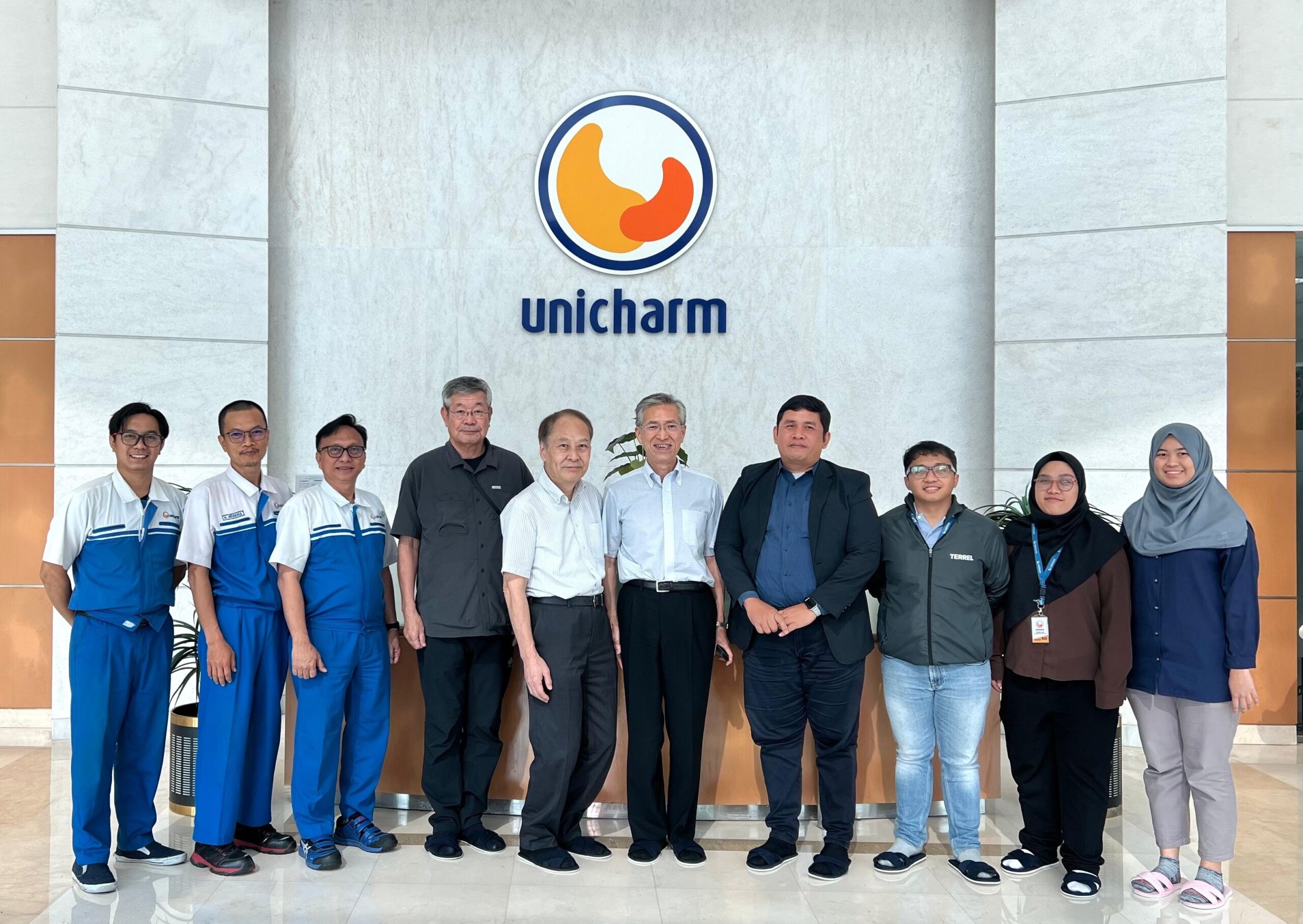
Photo 1. Participants of the AJEEP CN Diagnosis at PT Uni-Charm Indonesia
The ASEAN Centre for Energy (ACE), in collaboration with the Energy Conservation Center Japan (ECCJ), conducted a Carbon Neutrality (CN) diagnosis for industry at PT Uni-Charm Indonesia factory 1, located in Karawang International Industrial City (KIIC), Indonesia. Representatives from ACE, ECCJ, Energy Conservation Directorate of the Ministry of Energy and Mineral Resources (MEMR) as the EE&C-SSN focal point for Indonesia, and PT Uni-Charm Indonesia participated in the CN diagnosis, which was held from 17 to 19 September 2024.
CN diagnosis is a capacity-building programme as part of the ASEAN-Japan Energy Efficiency Partnership (AJEEP) under scheme 5 which aims to identify opportunities for reducing CO2 emissions and energy consumption within the factory’s operations ASEAN. This can be achieved by inspecting energy consumption in all factory departments, including design, manufacturing, and quality. In 2023, the CN diagnosis was successfully conducted in Malaysia. This year, the scope of CN diagnoses for industry will expand to two industries in Indonesia and Lao PDR.
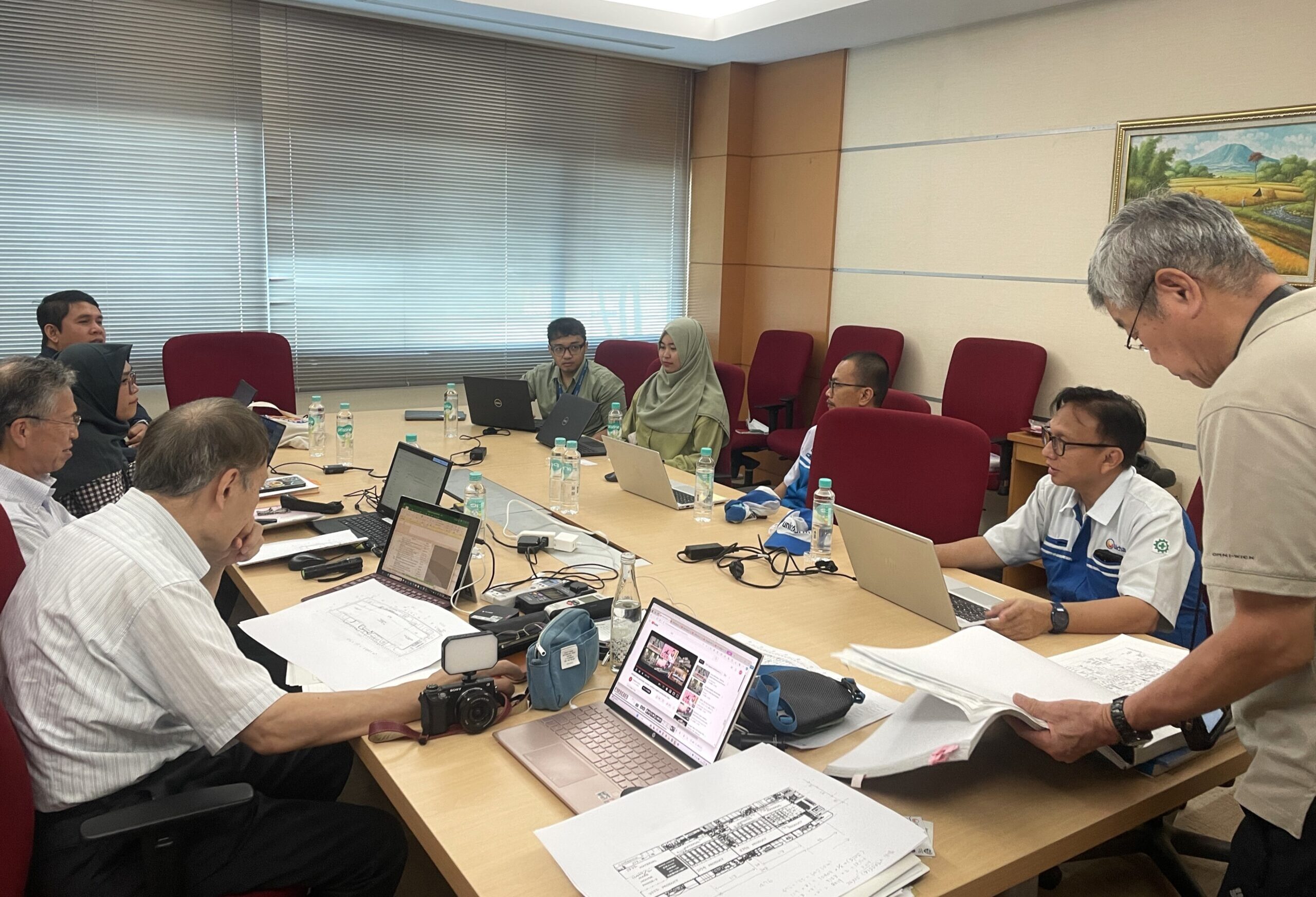
Photo 2. Preliminary Survey at PT Uni-Charm Indonesia
The first day of the visit aimed to conduct a preliminary survey with PT Uni-Charm Indonesia, aiming to obtain sufficient data to determine the direction of energy-saving, narrow down target facilities for energy-saving, and conduct energy data analysis. Some of the information required included product types and production volume, medium to long-term goals, a list of facilities, manufacturing processes, energy consumption status, layout drawings (buildings, facilities), and renewable energy.
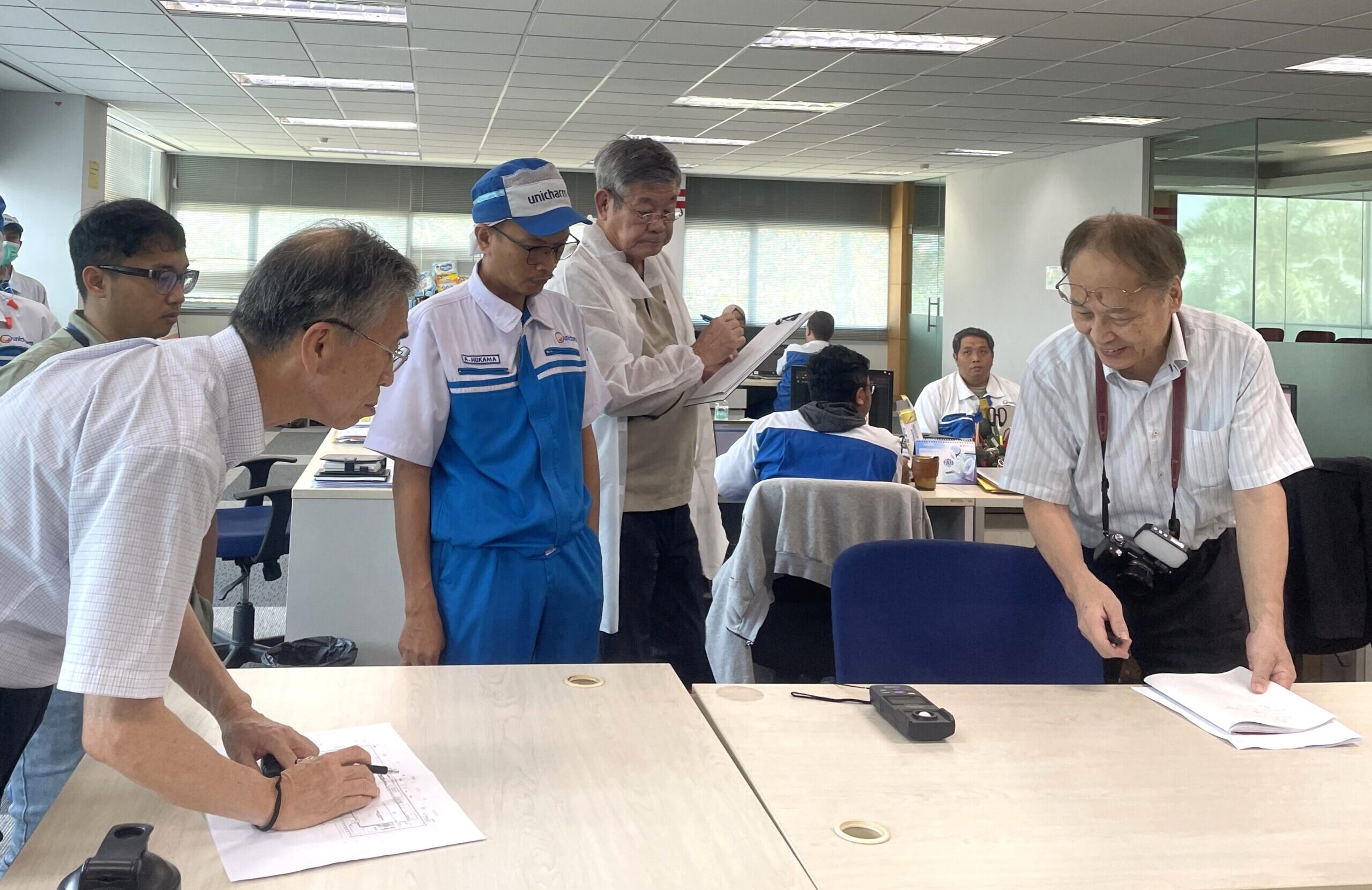
Photo 3. Field Survey to the Office Department of PT Uni-Charm Indonesia
On day two, the field survey was conducted focusing on the three departments, Office Departments, Utility Departments, and Manufacturing Departments. In the Office Department, illuminance and temperature measurements are carried out to estimate energy consumption for lighting and air conditioning, using additional information on operating hours and power consumption.
In the utility department, energy consumption measurements cover several target facilities, such as air compressors, boilers, transformers, air handling units (AHU), cooling towers, and chillers. The main objective of inspections at utility facility is to identify conversion losses from primary to secondary energy, overcoming supply losses in the production process.
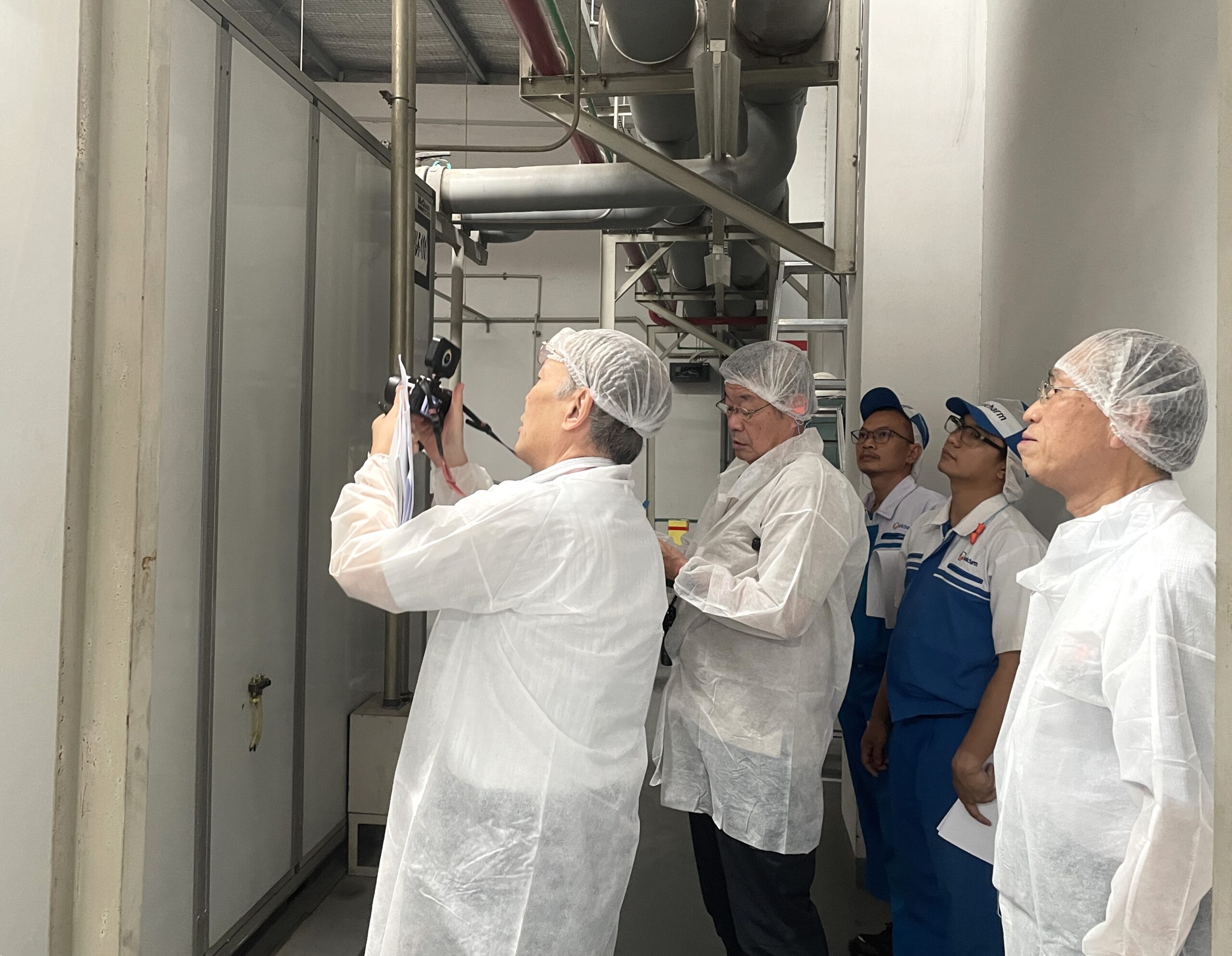
Photo 4. Field Survey to the Utility Department of PT Uni-Charm Indonesia
In the Manufacturing Department, where the majority of energy consumption within the factory occurs, many manufacturing devices are custom-made, making it difficult to assess their energy consumption and capacity based on standard specifications. To determine their current performance accurately, measurements are made by relying on detailed drawings, as well as temperature measurements and instruments during field surveys.
On the last day of the visit, participants discussed the data analysis and developed a proposal for countermeasures for CN, guided by ECCJ experts. According to the ECCJ’s proposal, the company will create individual medium to long-term plans, considering national targets, production plans, and investment strategies. Some proposals for improvement to reduce CO2 emissions include installing more solar power generation on rooftops, LED lighting upgrade to achieve 100% system efficiency (from the current 45%), integration of heat exchangers at temperature differential points, optimisation of pressure control systems to reduce energy losses and flow management improvements at critical process intersections.
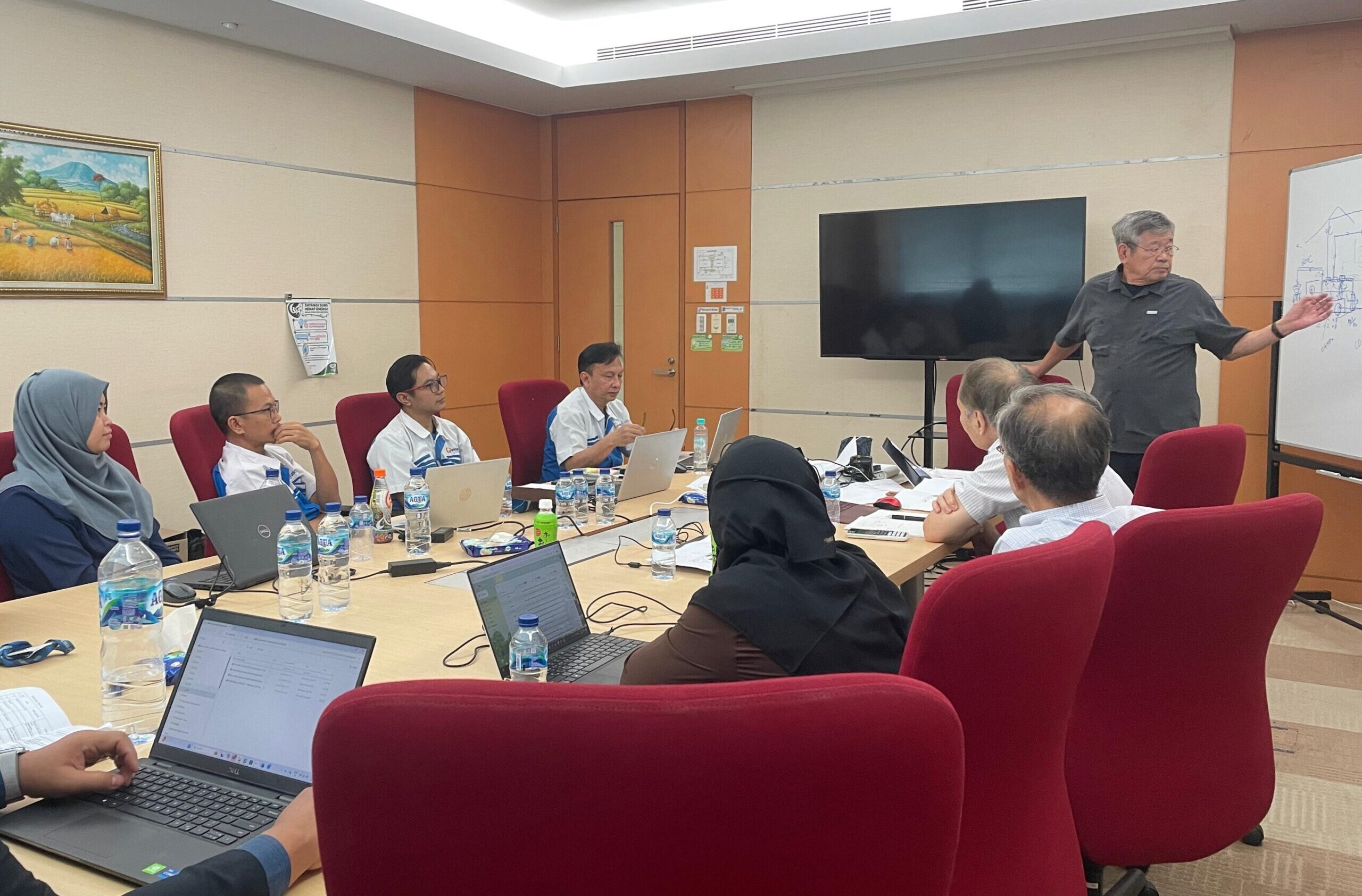
Photo 5. Discussion on Data Analysis and Proposal for CN Countermeasures
Follow-up activities after the CN diagnosis were also discussed. These include an online interim meeting scheduled for February 2025, where the CN diagnosis report will be explained to other AMS. Subsequently, a start-up meeting for the CN project promotion will be held in August 2025 to establish a medium-to-long-term plan for company executives. Finally, the company itself will implement follow-up CO2 reduction measures until they achieve the targets.
AJEEP is a regional cooperation initiative between ASEAN and Japan, under the ASEAN Senior Officials Meeting on Energy and Japan’s Ministry of Economy, Trade, and Industry (SOME-METI) Work Programme 2024-2025. Since 2012, implemented by ACE and ECCJ with financial support from METI, AJEEP has aimed to build capacity and narrow the gap between AMS on EE&C policies and measures. Starting in 2022, AJEEP entered into new Scheme 4 and Scheme 5. AJEEP Scheme 5 focuses on promoting advanced technologies for energy use toward Carbon Neutrality in the industry, building, and transportation through capacity building programmes.
